Keywords: William Gourlay
-
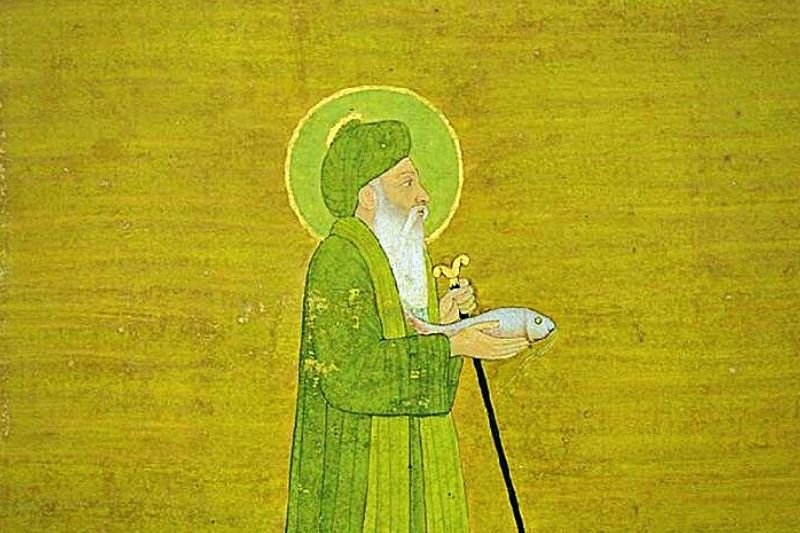
INTERNATIONAL
- William Gourlay
- 11 May 2023
2 Comments
The celebration of Hıdrellez in Turkey unites secular, urbanized communities to honor the arrival of spring on 6 May. Marked by rituals rooted in diverse traditions, the mythical figure of Hıdrellez blends Islamic and Old Testament influences fusing cultures, religions, and customs in yearly observance.
READ MORE
-
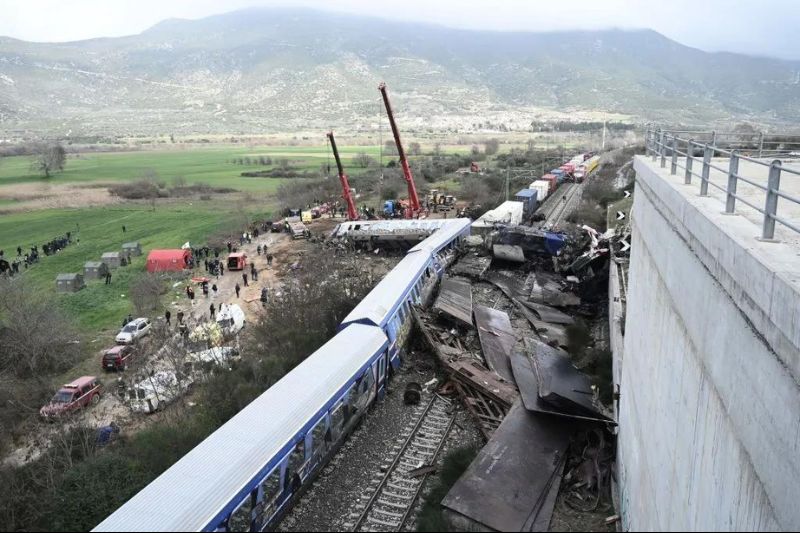
INTERNATIONAL
- William Gourlay
- 23 March 2023
1 Comment
The tragic train crash in Greece that claimed 57 lives has sparked an unexpected show of solidarity from Turkey. This is not the first time these two nations have come together in times of crisis, and despite a history of conflict and mistrust, recent events have brought the Greeks and Turks closer together, and intercommunality may be on the rise.
READ MORE
-
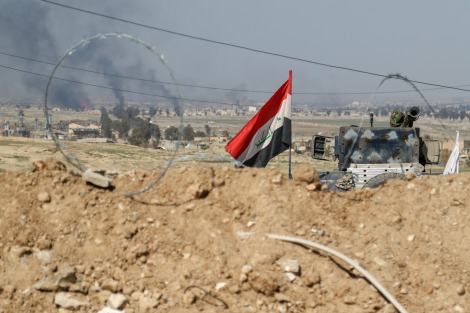
INTERNATIONAL
- William Gourlay
- 14 July 2017
2 Comments
With ongoing celebrations in Baghdad and scenes of devastation in Mosul, Iraqi Prime Minister Haider al-Abadi has announced the 'liberation' of Iraq's second-largest city from ISIS. This moment, after an umbrella force of military units fought for nine months to relieve Mosul of the ISIS yoke, represents a victory for the people and government of Iraq. However, many challenges loom, among them reconciling conflicting interests amongst Iraq's peoples and restoring the ravaged landscape.
READ MORE 
-
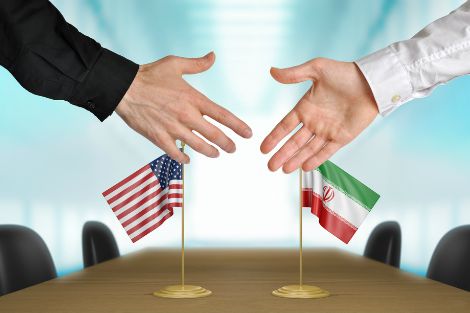
INTERNATIONAL
- William Gourlay
- 22 September 2015
4 Comments
Canny politicians know it is impossible to please everyone all of the time. This must be clear to Obama in the wake of the nuclear deal reached with Iran. As he heralded the accord as a harbinger of a 'more hopeful world', Israeli Prime Minister Benjamin Netanyahu called it a 'stunning historical mistake'. The deal is a result of 18 months of hard diplomatic negotiation, but for the naysayers it means Iran is off the leash.
READ MORE 
-
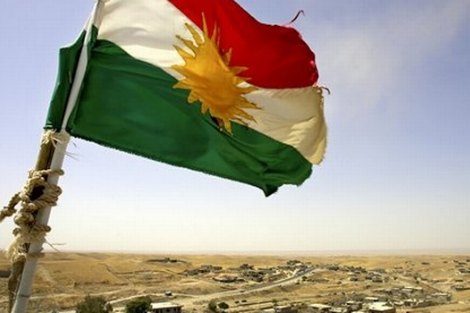
INTERNATIONAL
- William Gourlay
- 23 September 2014
6 Comments
Turkey and Iran, the two major regional powers against whose borders ISIS jostles, have, each for their own reasons, declined to participate militarily in President Obama's action against ISIS. The likelihood or benefits of working in concert with Iran can be debated long and hard, but in the meantime the Kurds clearly emerge as the immediate go-to allies. Positioning them as such, and arming them, will change the dynamics of the region.
READ MORE 
-

INTERNATIONAL
- William Gourlay
- 12 June 2013
5 Comments
Turkey's increasingly dictatorial prime minister Recep Tayyip Erdogan paid little heed to last week's violent demonstrations, dismissing protesters as looters and blaming social media for inflaming the situation. The protests are hardly on par with Egypt's government-toppling anti-Mubarak demonstrations, yet may still lead to a rejuvenation of Turkish democracy.
READ MORE 
-

AUSTRALIA
- William Gourlay
- 12 April 2013
3 Comments
A public letter from the imprisoned leader of the outlawed Kurdistan Workers Party (PKK), declared that PKK insurgents should forego armed struggle against the Turkish military. An end to terror is one thing, but there is a way to go before Turkey's Kurds have the rights and freedoms they've long hankered for.
READ MORE 
-
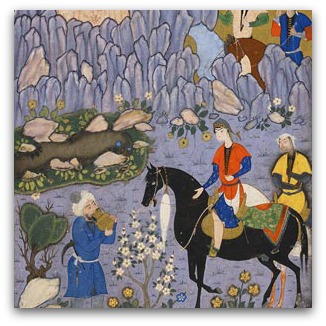
ARTS AND CULTURE
- William Gourlay
- 26 April 2012
3 Comments
Sabre rattling, both by the Iranian leadership and by Western politicians and pundits, dominates the headlines and steers public discourse about Iran. A recent film, and a current art exhibition, remind us of the country's 'rich and ancient culture that has been hidden under the heavy dust of politics'.
READ MORE 
-
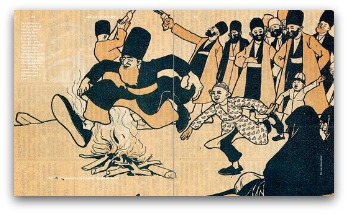
AUSTRALIA
- William Gourlay
- 18 October 2011
16 Comments
First appearing in 1906, the islamic periodical Molla Nasreddin displayed a sardonic and satirical take on women's rights, the role of religion in society and government, press freedom and education. The Arab Spring is the latest expression of this forestalled progressive sentiment.
READ MORE 
-
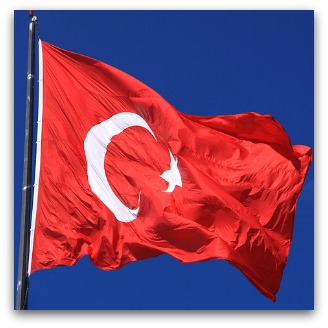
AUSTRALIA
- William Gourlay
- 22 June 2011
7 Comments
Much has been made of Turkey as a model for reform and democratisation in the Muslim world. If the Turkish experience is indicative, then the process of establishing robust and viable democracies in the Middle East will be long and slow.
READ MORE 
-

ARTS AND CULTURE
- William Gourlay
- 12 April 2011
6 Comments
Crowding onto ferries in Istanbul, Turks arrive on the island they call Büyükada early in the morning, Muslim pilgrims en route to a Greek Orthodox church to ask favours of St George. No one is sure when the Muslim practice of venerating St George began, but it is well documented.
READ MORE 